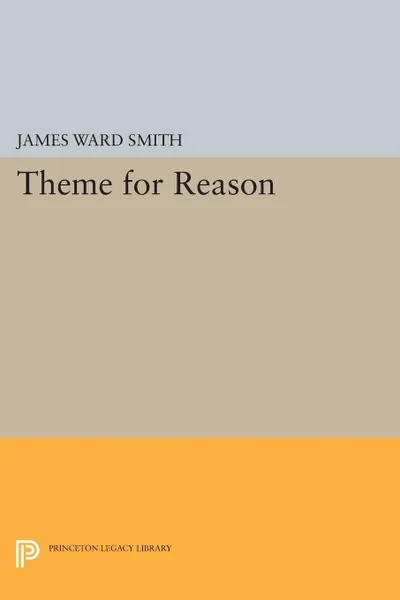Theme for Reason 12+
Автор: James Ward Smith
2015
224 страницы
Категория: Литература на иностранных языках
ISBN: 9780691626789
Язык: Английский
📒 Philosophers have often bluntly said, and more often tacitly assumed that careful and reasonable men will confine themselves to two very rigid ways of talking. Vile must either show that what we say is a theorem deducible from assumed axioms and postulates, or we must show that what we say is made probable by evidence. This book is at heart an attack upon the idea that rationality requires any such straitjacket, and it repudiates the dichotomy between "analytic" philosophy and philosophy "in the grand tradition." Rationality is here conceived as a subtle and complex temper of deciding, most needed precisely where what we have to say cannot be stuffed into the two narrow pigeonholes in question.Originally published in 1957.The Princeton Legacy Library uses the latest print-on-demand technology to again make available previously out-of-print books from the distinguished backlist of Princeton University Press. These editions preserve the original texts of these important books while presenting them in durable paperback and hardcover editions. The goal of the Princeton Legacy Library is to vastly increase access to the rich scholarly heritage found in the thousands of books published by Princeton University Press since its founding in 1905.
Мнения
